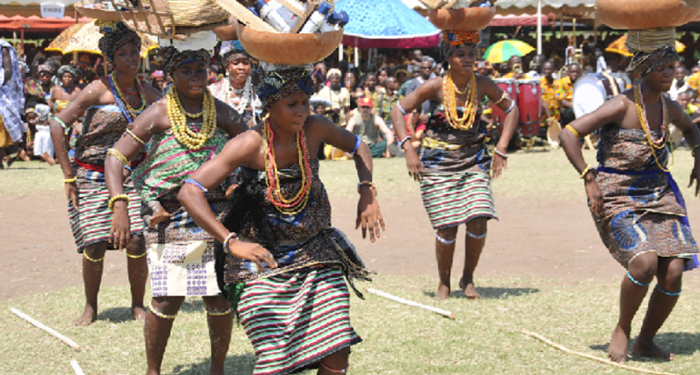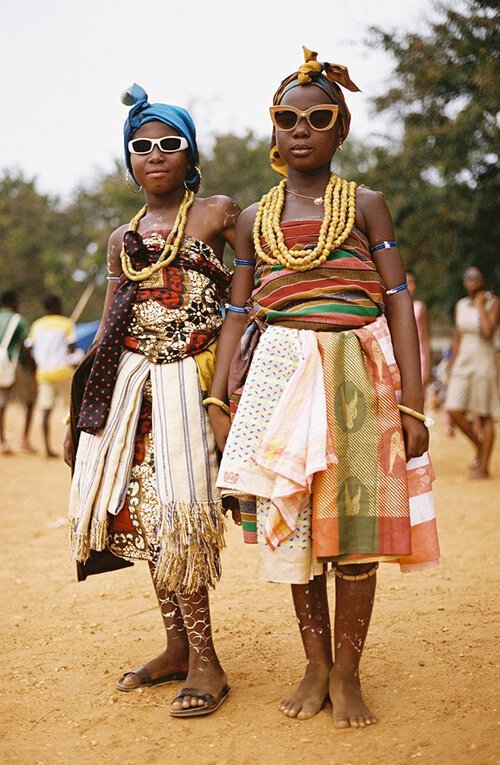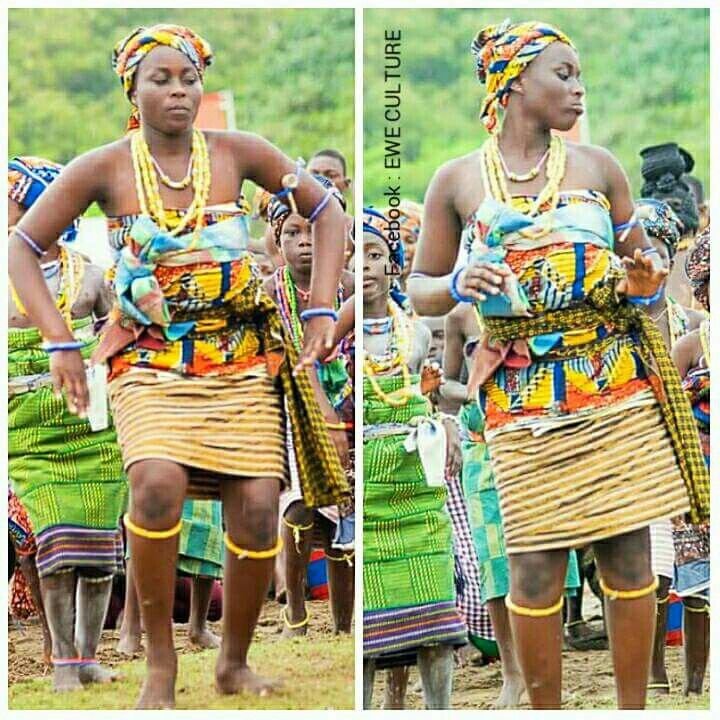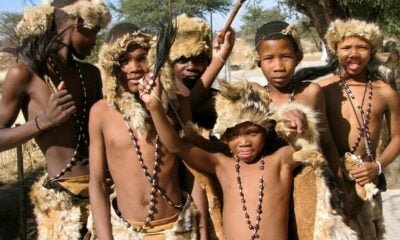People & Culture
The Ewe Language
Published
3 years agoon
By
M N Ridwan
Ewe is a Niger-Congo language spoken by over 5 million people in West Africa, particularly in the southeastern regions of Ghana, Togo, and Benin.
The Ewe language is part of the larger Ewe ethnic group, who are known for their rich cultural heritage, musical traditions, and traditional beliefs in spirits and gods.
In fact, the Ewe language is one of the most widely spoken African languages and has a rich history. Interestingly, it has a variety of dialects, including Anlo-Ewe, Avenor-Ewe, and Guan-Ewe.
The dialects are easily recognizable and distinguishable from each other, but they share a common grammar and vocabulary. This makes communication between speakers of different dialects relatively easy.

Tonations of The Ewe Language
The Ewe language is also known for its tonality, which means that the meaning of a word changes depending on the tone used when speaking it. Interestingly, this tonality is used to convey different shades of meaning, such as showing emphasis, sarcasm, or irony.
Moreover, Ewe also uses nasal sounds, which are rare in other languages, and gives it a unique sound that sets it apart from other African languages.
The Beliefs of the Ewe People
The Ewe people have a rich cultural heritage, and their language is a reflection of this. Many Ewe words are associated with traditional beliefs and practices, such as words for spirits and gods.
Amazingly, these beliefs are deeply rooted in their culture, and the Ewe language is an essential part of passing down these traditions from one generation to the next.
Music
The Ewe people have a rich musical tradition, and music is an integral part of their culture. The Ewe language is used in traditional songs and dances, which are performed during festivals, weddings, and other important events.

The traditional music is characterized by the use of drums and other percussion instruments, and the lyrics are often sung in Ewe.
Ewe is also used in storytelling, which is an important part of Ewe culture. Storytellers use the language to tell tales of gods and spirits, as well as to relate historical events and personal experiences. The use of the Ewe language in storytelling is a way of preserving their cultural heritage and passing it down to future generations.
Furthermore, the Ewe language is also used in traditional medicine and healing practices. Traditional healers use the language to communicate with the spirits and gods, seeking their guidance and help in healing their patients. The language is used to recite incantations, perform rituals, and communicate with the spirits.
Baseline

In recent years, there has been a growing recognition of the importance of preserving the Ewe language and culture. Efforts are being made to document the language, create educational resources, and promote its use among the younger generations.
This is important not just for the Ewe people but for the world as a whole, as it helps to preserve a unique and rich cultural heritage.

















